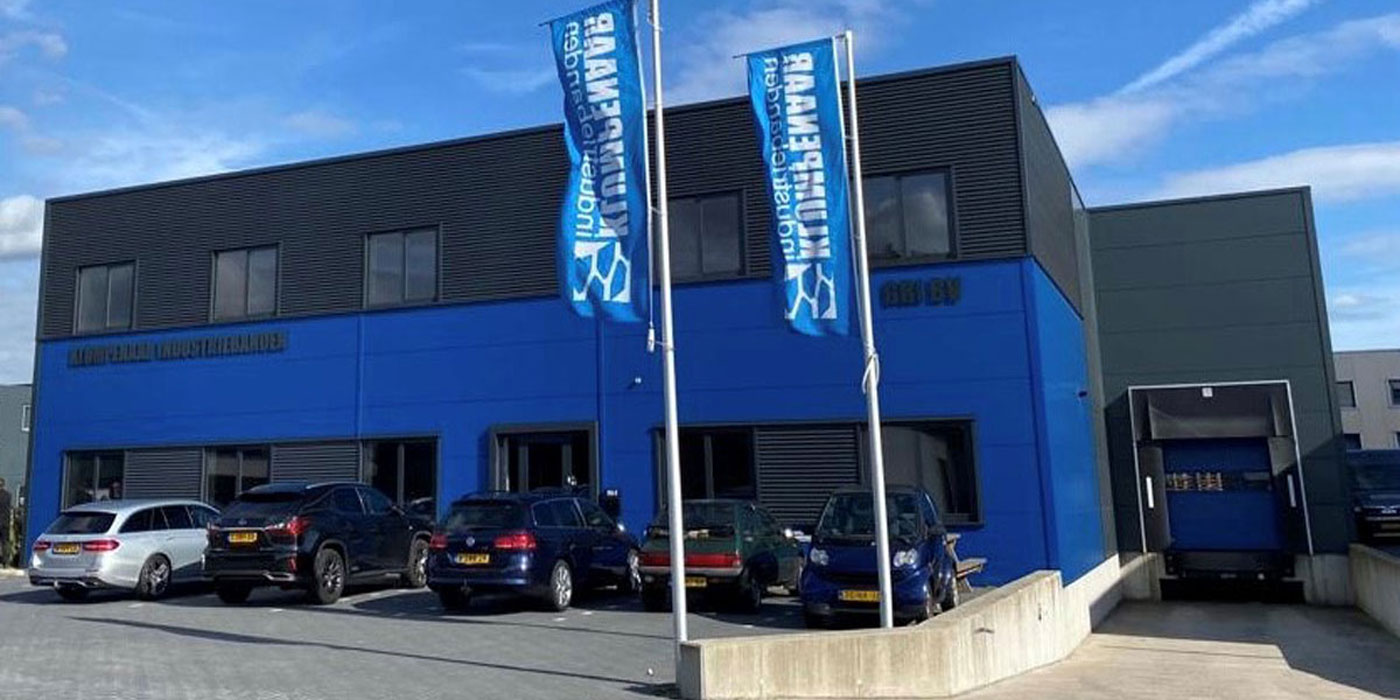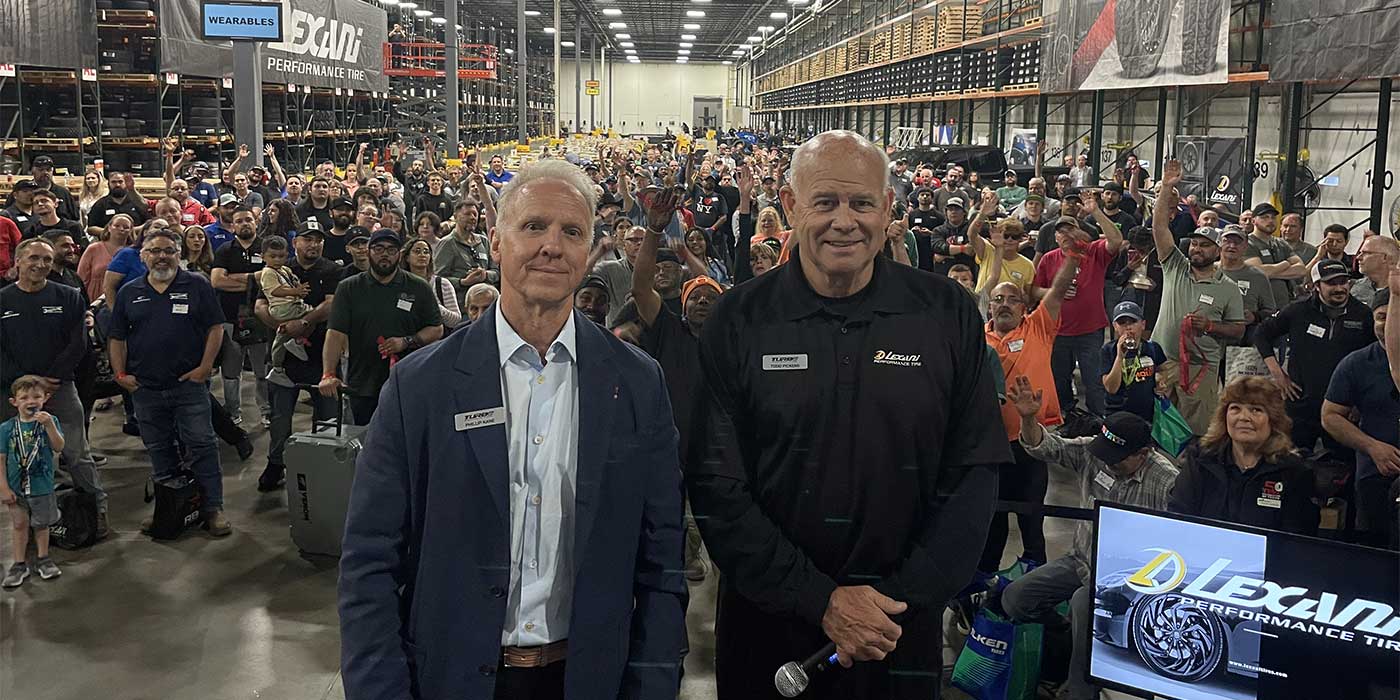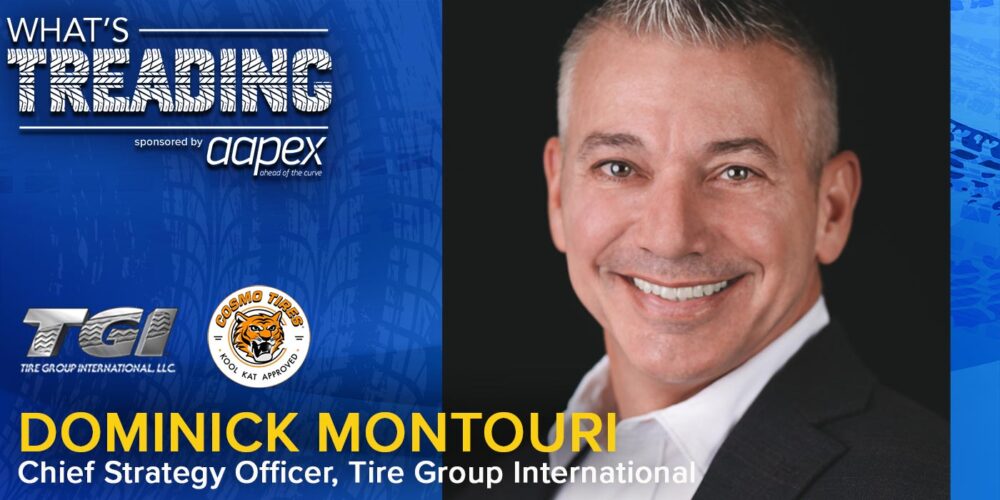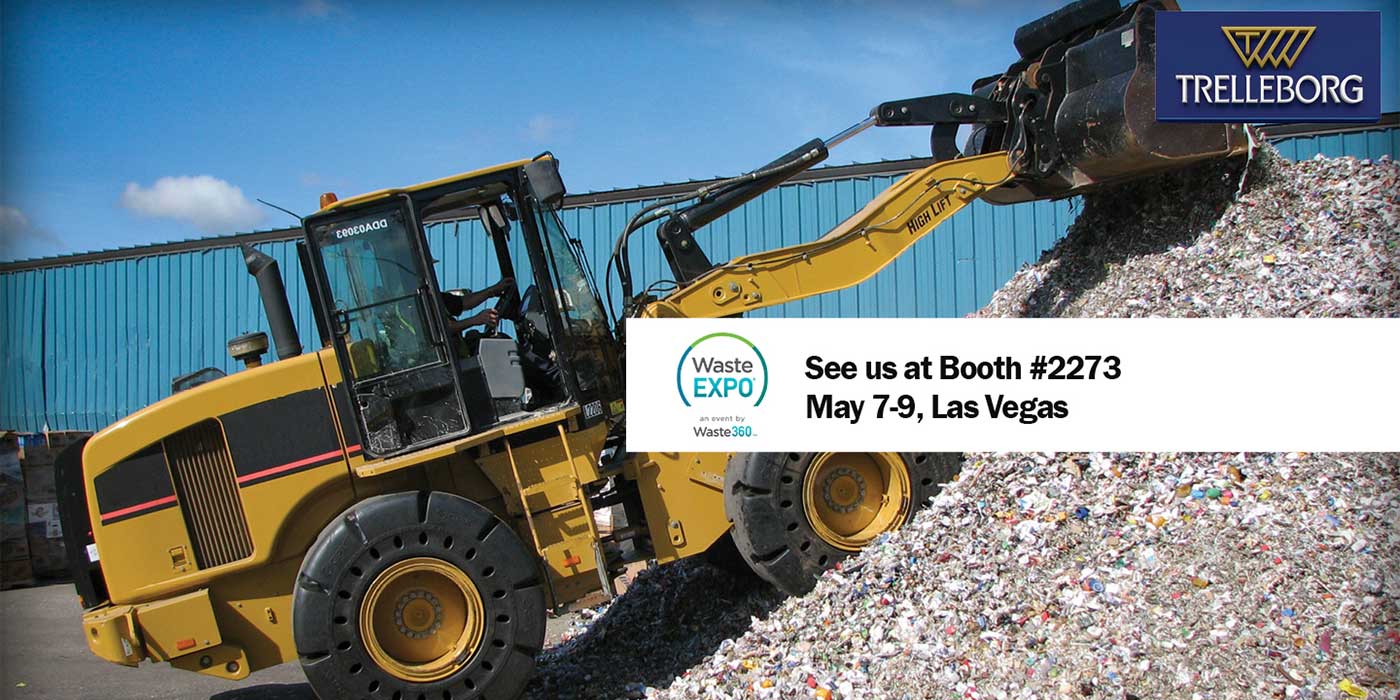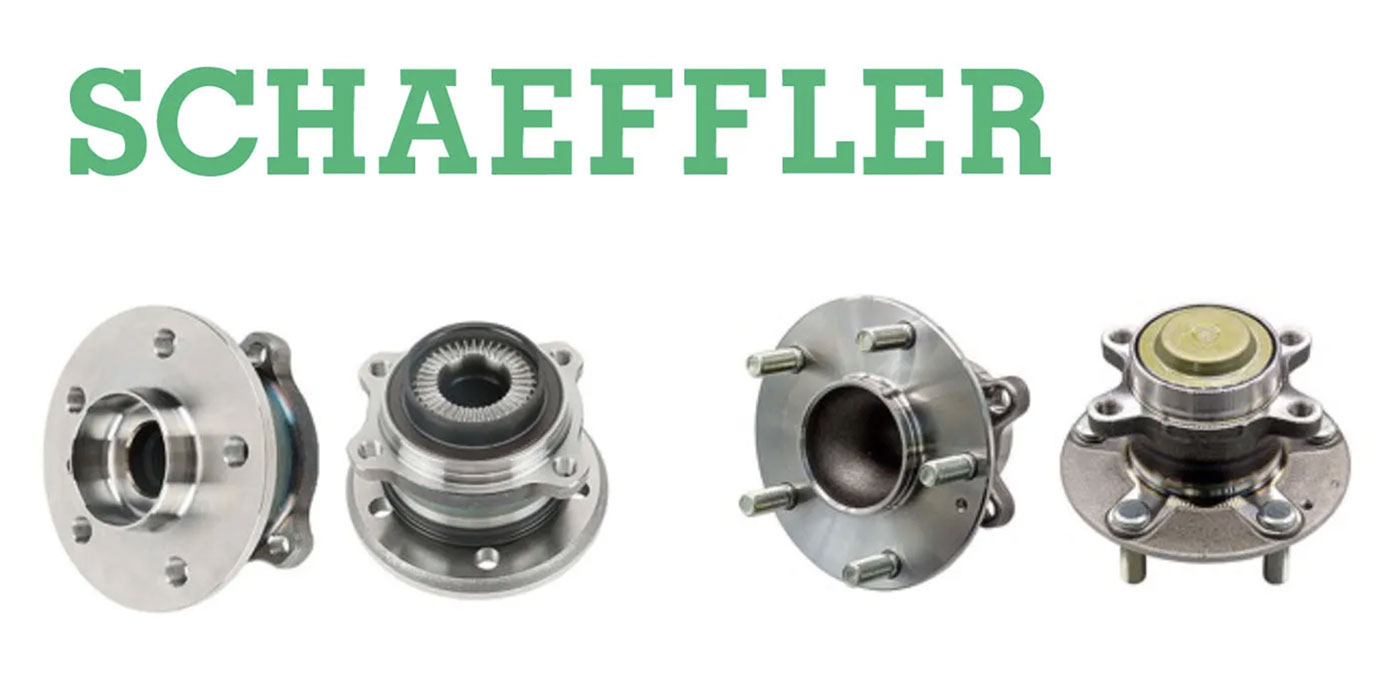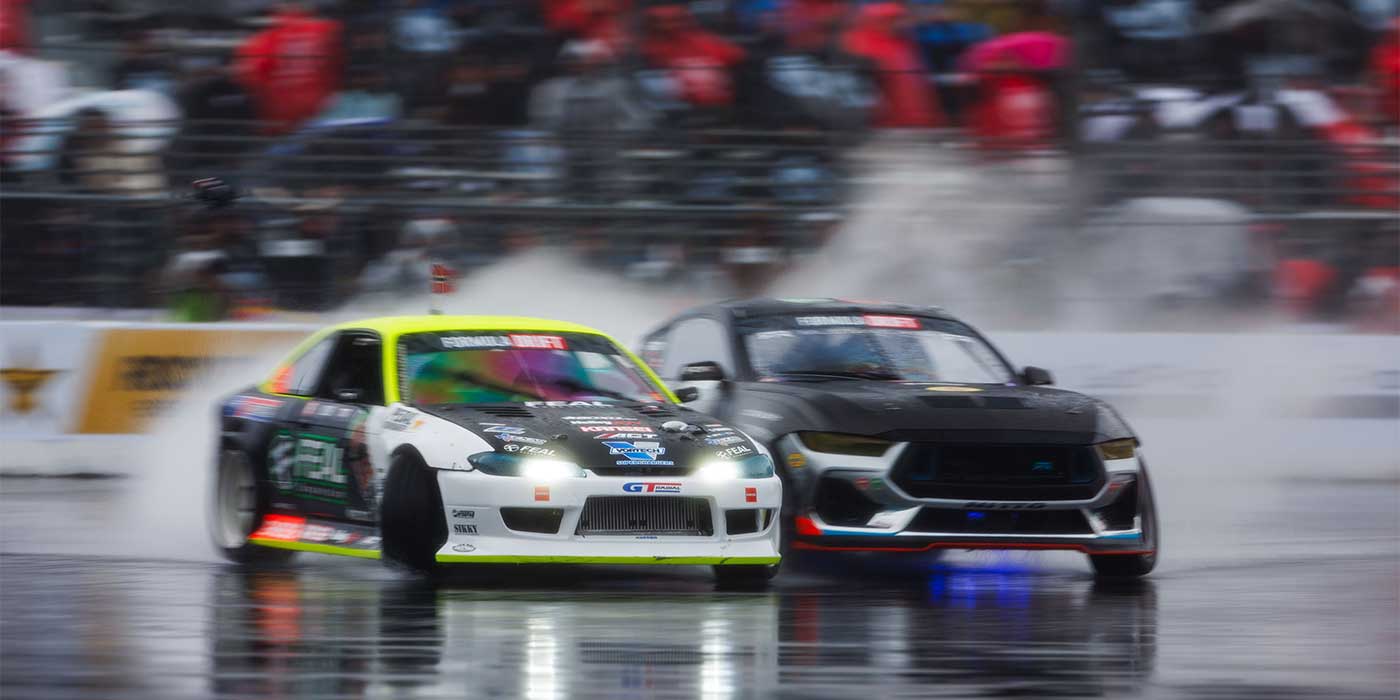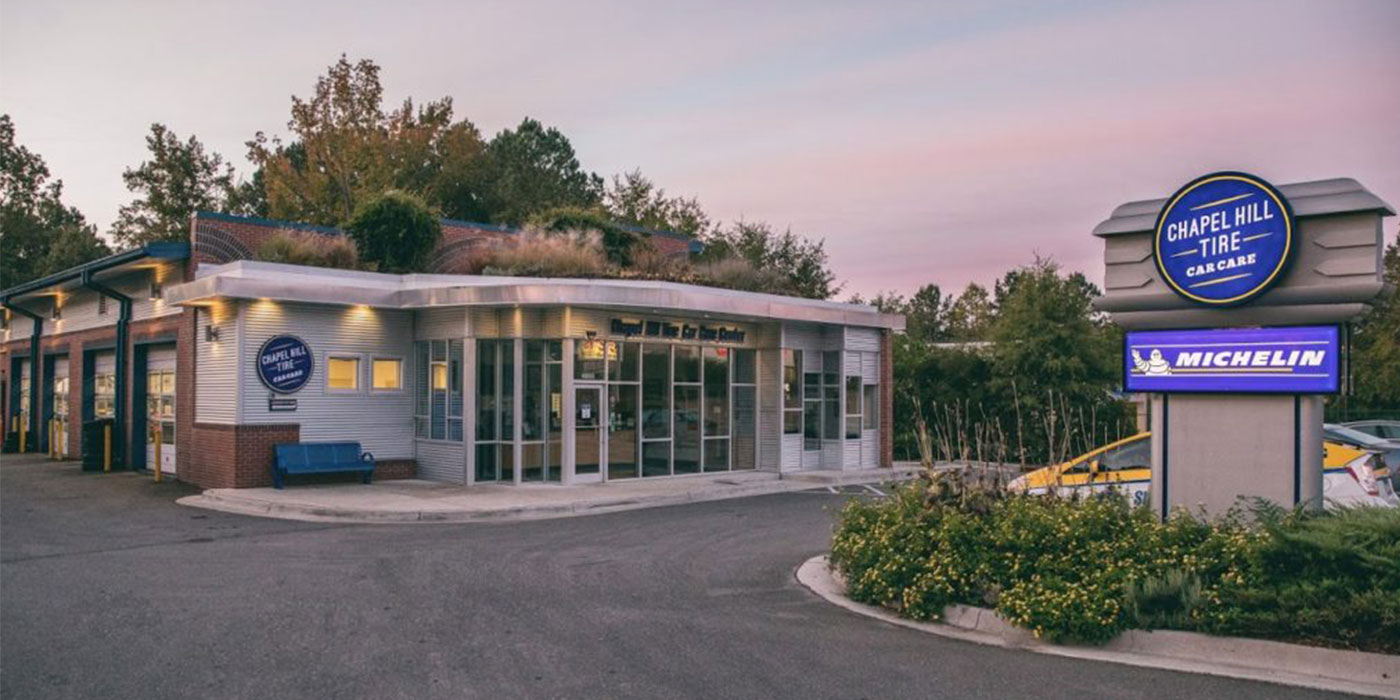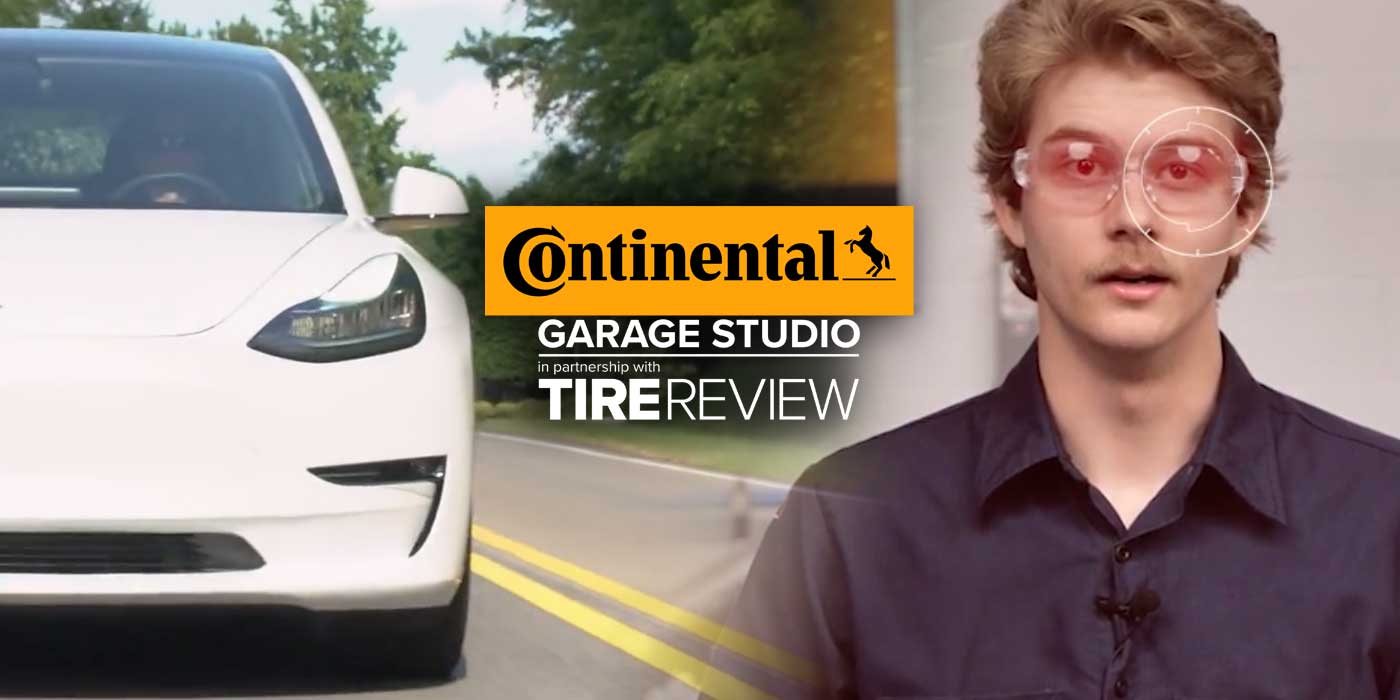‘Race on Sunday, Sell on Monday’ used to matter, but it hasn’t in a long, long time.
Used to be that carmakers, parts brands and tire companies went toe-to-toe at race tracks around the country, beating up on each other on weekends in order to beat each other at the sales counter during the rest of the week.
But that hasn’t been the case in a long, long time.
Those weekend wins meant the world to brands, especially if they came in the big races, like Indy and Daytona and Monaco. Monday morning (and Tuesday, Wednesday, etc.) sales benefited from a positive weekend result.
But that was back when there was actual competition, when teams were competitive and cars were competitive and the parts and tires were competitive.
That hasn’t been the case in a good long time.
Today, racing’s relevance is being questioned not just by declining event attendance and lower TV ratings, but by the participants themselves. Not the drivers, who rely more on technology than driving skill to win seemingly every race. No, I’m talking about the tire companies.
With the exception of lower level race series and amateur circuits, there is no tire competition any more. Yeah, we can go on about the virtues of ALMS and drifting and so on, but truly, the audiences for those series – as good and competitive and meaningful as they may be – are small. The big four, the major race series that are known and followed around the world – NASCAR, Formula One, IndyCar and the WRC – are all single-branders. So when one of those brands wobbles over its future in racing, it becomes news.
We saw the kafuffle that resulted when Michelin walked away from F1 a few years ago, and when Bridgestone Corp. pulled the plug on its F1 program last year.
It came to pass again last week when it was learned that Bridgestone Americas didn’t rush forward to re-up to supply Firestone Firehawks for the IndyCar series beyond the upcoming 2011 season. And its deafening silence on the subject brought mucho speculation that the heritage Firestone brand was preparing to walk away from a heritage race series, and about all of the ramifications that might result.
How much of a heritage connection is this? The Firestone brand has been involved with IndyCar racing from the start; Ray Harroun’s Firestone-shod Marmon Wasp won the very first Indy 500 in 1911. And Firestone won the 500 on 43 consecutive Memorial Days between 1920 and 1966, all while competing against Goodyear and a host of other tire brands.
I don’t know any more than the next guy, but this I do know: Participating in racing is expensive, and no tiremaker ever got involved in major race series to turn a profit. As with any of the major series, Bridgestone was eating millions to outfit F1 teams, and surely that has also been the case with IndyCar. That’s not to mention the manpower – R&D, manufacturing, on-site management and engineering, promotion, etc. – that goes into a top shelf effort.
There is scuttlebutt that Bridgestone wants more dollars from IndyCar teams for tires it supplies. There is scuttlebutt that compared with other sports activities the company is backing, racing has lost its juice with management in Nashville. I don’t know about any of that.
Bridgestone Americas has been deliberate it what it has aligned with – the NHL and its Winter Classic, the NFL and the Super Bowl, the PGA, Major League Baseball – to nurture an image. The linkage of the Firestone brand to IndyCar racing is big part of that, and if I were a betting man I would put my dollars on that not changing.
At the same time, it is interesting to see other tire brands – Yokohama, Hankook and Kumho come immediately to mind – step back from the track and reduce their motorsport spending in favor of increasing exposure with college and pro sports, where they can build regional and national promotions that reach more people, improve brand image and top-of-mind recall, and do so without all of the manufacturing and manpower costs – and associated headaches. Not to mention all of the asphalt egos that line the paddocks.
Yes, it is a lot cheaper – and, perhaps, more effective – away from the racetrack. And as consumer (and attendee/viewer) sensibilities get more ‘green,’ racing’s luster may continue to face. Getting there fastest and first doesn’t hold the same sway that it once did.
In a way, that’s too bad.


